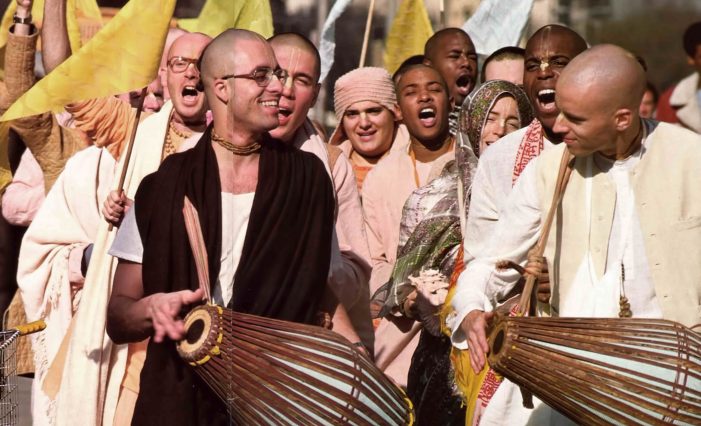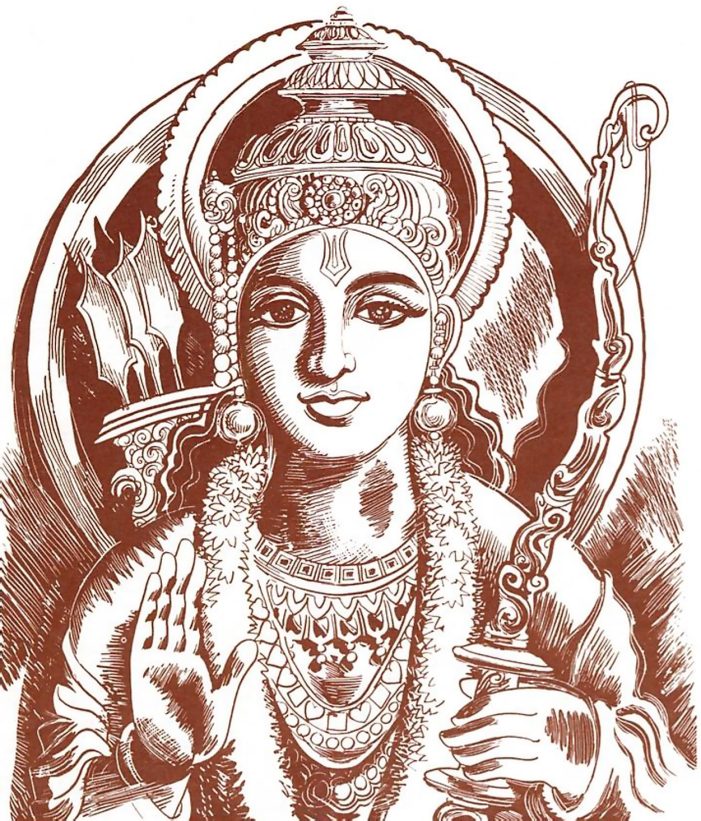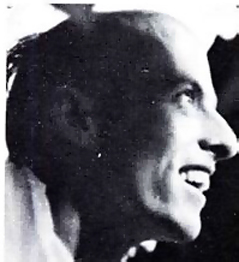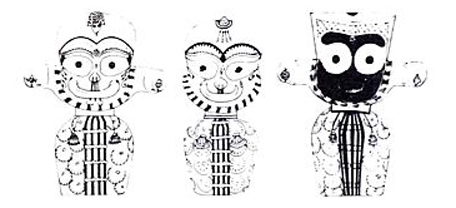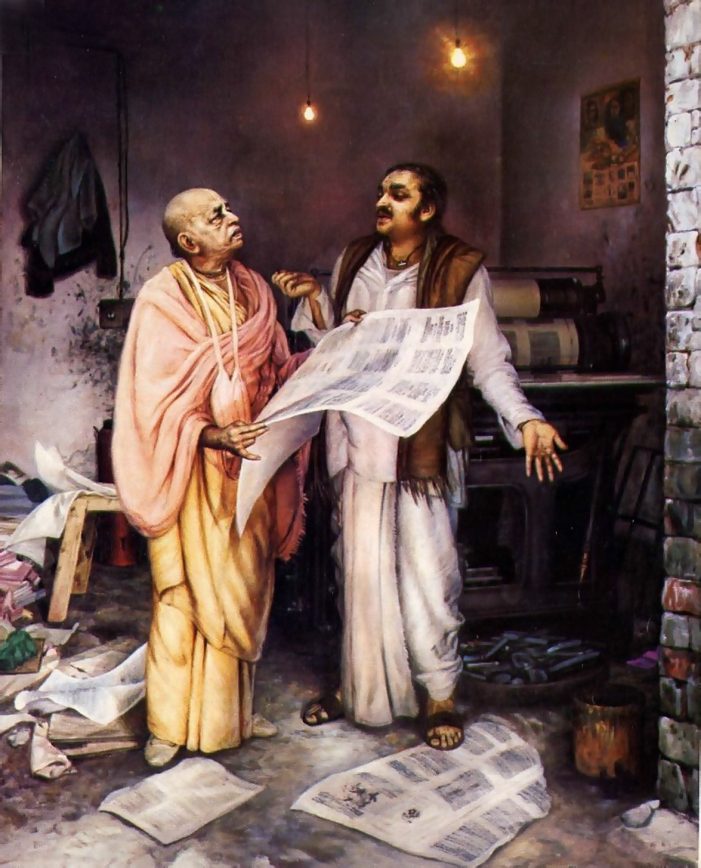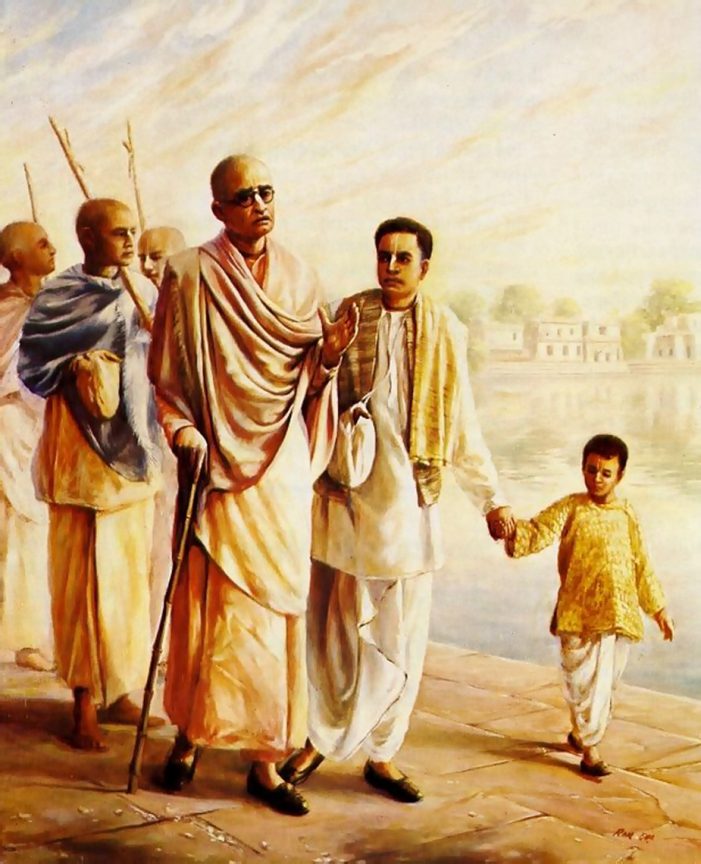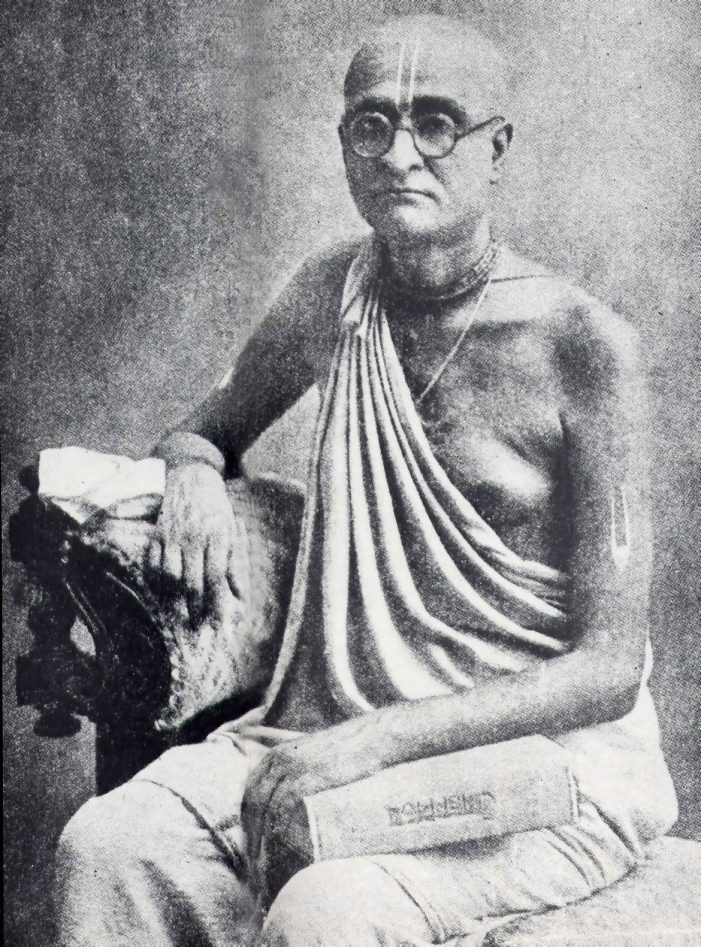The Poor Little Rich World
There are sufficient resources in the world to support the human community. And, as we go into 1969 with all our schemes for the relief of poverty and suffering, we may also ask what “rich” means, what “poor” means, what “happy” means, what “wretched” means…

